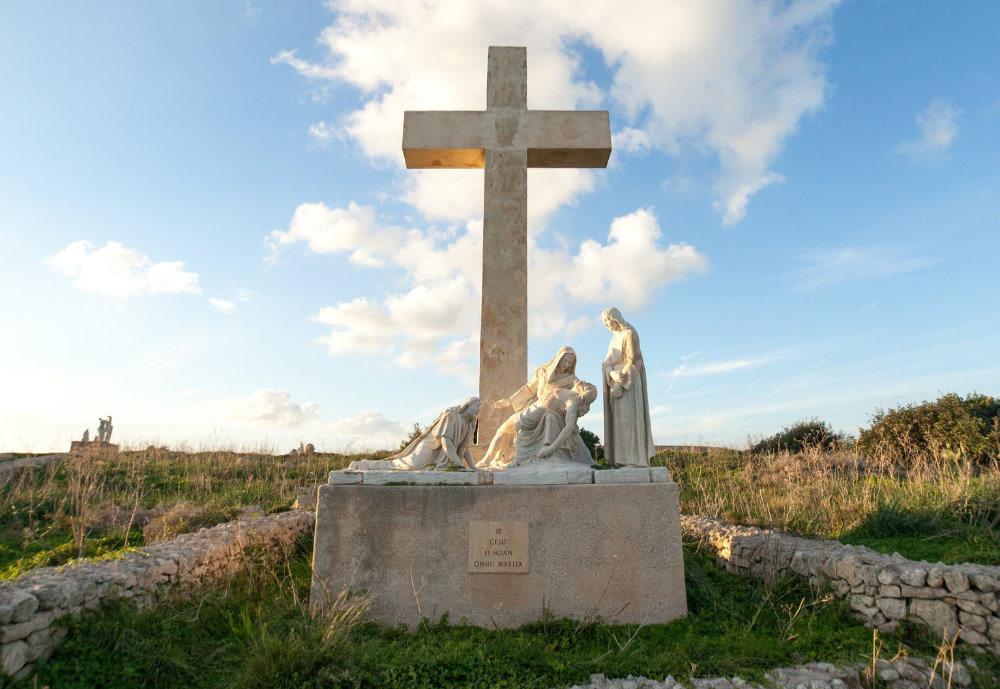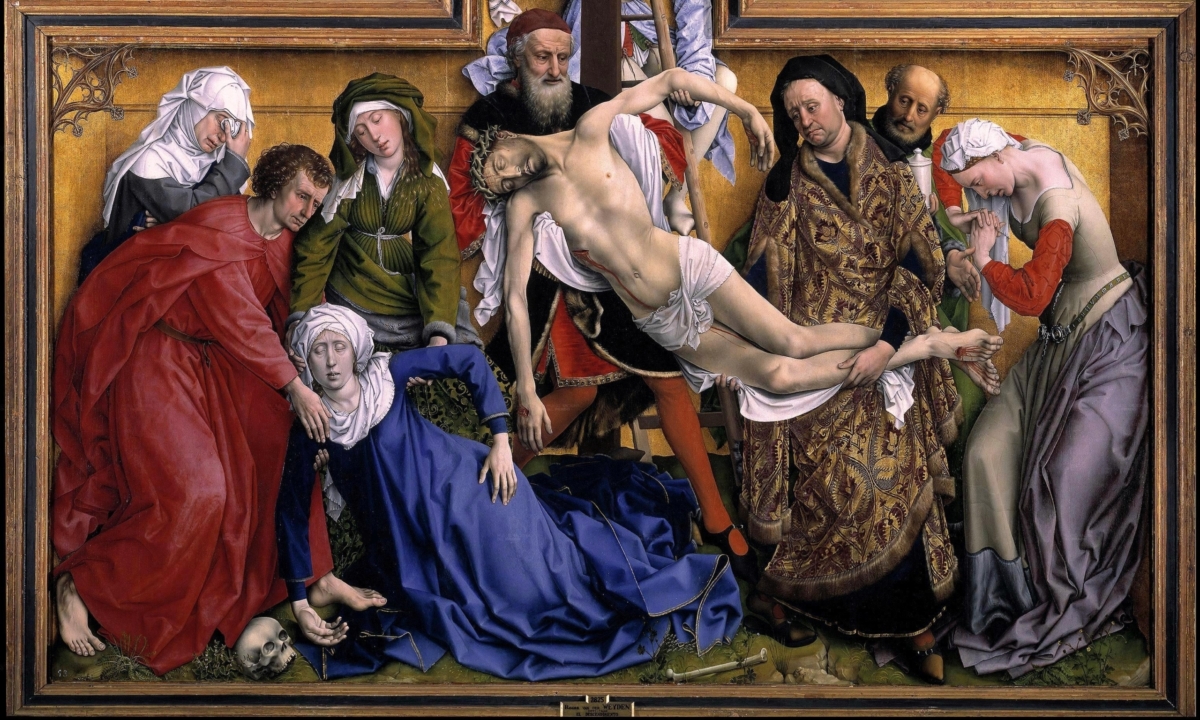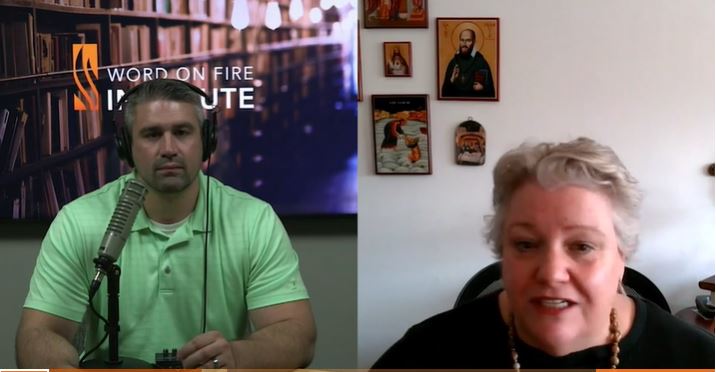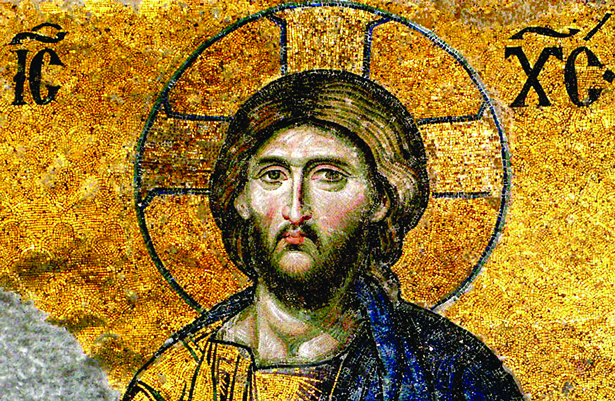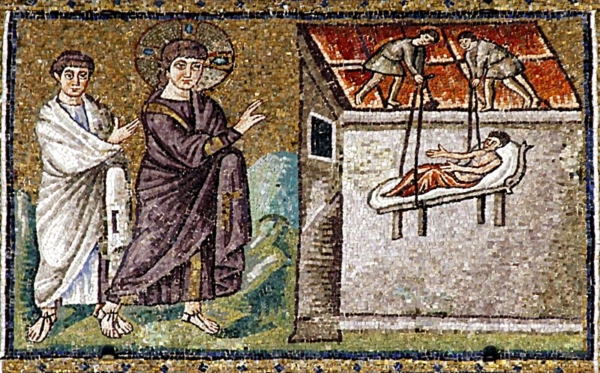News
2020: The Way of the Cross When You Are Physically or Emotionally Ill
The Way of the Cross is an ancient devotion of the Church which has been used for centuries to bring the believer into deeper union with the Passion of Jesus Christ, using words, prayer, imagery and visual aids to effectively join Jesus on his walk to Calvary. This is written Read more…
